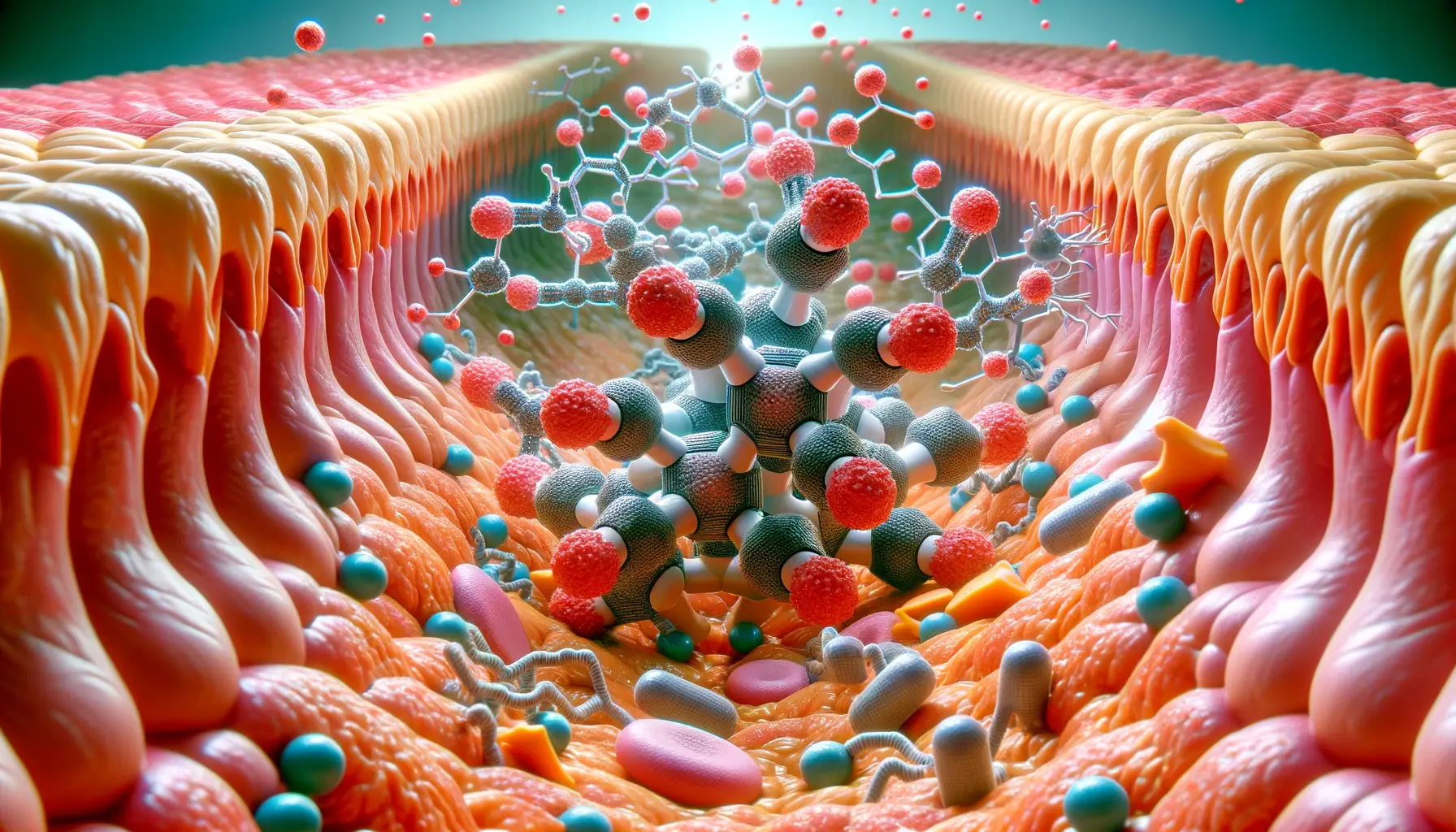Heart Health
With February being the month for love - what better topic than Heart Health!
I am honored to be a participant of the 9th annual Go Red for Women fundraiser campaign for the American Heart Association, by photographer, Korey Howell. Look for the photo spread in February's Austin Woman Magazine.

I've learned a few shocking facts while participating:
- Heart disease is the No. 1 killer of women age 20 and older, killing about one woman per minute. More women die of heart disease than the next four causes of death combined, including all forms of cancer.
- 90% Ninety percent of women have one or more risk factors for developing heart disease.
- 1 in 3 three American women die of heart disease, compared with one in 30 women who die of breast cancer.
- 80% of cardiac events in women may be prevented if they make the right choices for their hearts, involving diet, exercise and abstinence from smoking
Are you at risk??
Get a baseline of the following tests - are you currently in range? If you are not in range, consider supporting your heart naturally!
- Homocysteine is a substance your body uses to make protein and to build and maintain tissue. But too much homocysteine may increase your risk of stroke, certain types of heart disease, and disease of the blood vessels of the arms, legs and feet (peripheral artery disease). A normal homocysteine level is between 4.4 and 10.8 micromoles per liter (µmol/L).
-
Lipid Panel - this is the fats (lipids) in your blood. The measurements can indicate your risk of having a cardiac event or other heart disease.
- Total cholesterol. This is a sum of your blood's cholesterol content. A high level can put you at increased risk of heart disease. Ideally, your total cholesterol should be below 200
- Low-density lipoprotein (LDL) cholesterol. This is sometimes called the "bad" cholesterol. Too much of it in your blood causes the accumulation of fatty deposits (plaques) in your arteries (atherosclerosis), which reduces blood flow. Ideally, your LDL cholesterol level should be less than 130 in a pathological range
- High-density lipoprotein (HDL) cholesterol. This is sometimes called the "good" cholesterol because it helps carry away LDL cholesterol, keeping arteries open and your blood flowing more freely. Ideally, your HDL cholesterol level should be 60 or HIGHER.
- Triglycerides. Triglycerides are another type of fat in the blood. High triglyceride levels usually mean you regularly eat more calories than you burn. High levels may increase your risk of heart disease. Ideally, your triglyceride level should be less than 150 mg. The American Heart Association recommends that a triglyceride level of 100 mg.
- C-reactive protein (CRP) is a protein your liver produces as part of your body's response to injury or infection (inflammatory response). A high CRP is a sign of inflammation somewhere in the body. However, CRP tests can't pinpoint where in the body this may be happening. Inflammation plays a central role in the process of atherosclerosis, in which fatty deposits clog your arteries.
Measuring CRP alone won't tell your doctor your risk of heart disease. But factoring in CRP test results with other blood test results and risk factors for heart disease helps create an overall picture of your heart health. According to the American Heart Association, your CRP test result can be interpreted as putting your heart disease risk at:
- Low risk (less than 1.0 milligrams per liter, or mg/L)
- Average risk (1.0 to 3.0 mg/L)
- High risk (above 3.0 mg/L)
Heart Support
Diet and exercise play a huge role in Heart Support. As well as herbal support, nutrients, antioxidants, and enzymes. Below I cover a few of the most common:
Resveratrol
Resveratrol, found in the skin of grapes, is a member of a group of plant compounds called polyphenols. These compounds have antioxidant properties, protecting the body against the kind of damage linked to increased risk for conditions such as cancer and heart disease.
Resveratrol helps reduce inflammation, prevents the oxidation of LDL cholesterol, and makes it more difficult for platelets to stick together and form the clots that can lead to a heart attack. I most recently started using a very high quality rich concentrated liquid form (that tastes really good!) called Resvero. I see great results with overall health and wellness with everyone I have recommended this to.
Coenzyme Q10
CoQ10 is a very common antioxidant most of you have heard of. It is substance that' s found naturally in the body and helps convert food into energy.
As an antioxidant it fights damaging particles in the body known as free radicals, which damage cell membranes, tamper with DNA, and even cause cell death.
Scientists believe free radicals contribute to the aging process, as well as a number of health problems, including heart disease and cancer. Antioxidants, such as CoQ10, can neutralize free radicals and may reduce or even help prevent some of the damage they cause.
Some researchers believe that CoQ10 may help with heart-related conditions, because it can improve energy production in cells, prevent blood clot formation, and act as an antioxidant.
**In the clinical research there is conflicting info on how many mg/day of CoQ10 should be taken.
Some studies state if it is not needed, too much can cause minor side effects such as dizziness. Other clinical studies say you can not get too much! Consult your practitioner before starting this or any new nutrient.
We can help you decide what support is right for you! visit our website to learn more



